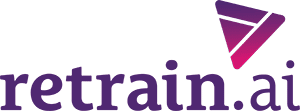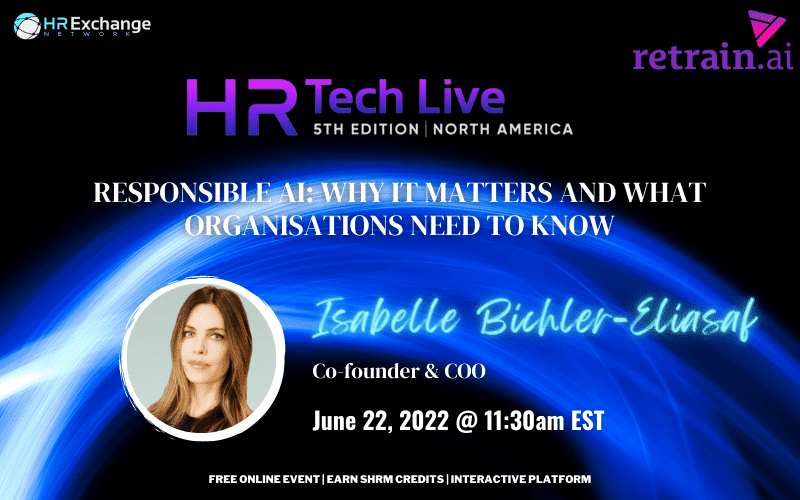This article first appeared in Forbes.
In The Outline of History, H.G. Wells, futurist, social critic and writer, wrote, “Human history becomes more and more a race between education and catastrophe.”
Known mostly for his science fiction works like War of the Worlds, Wells nonetheless contributed significantly to our understanding of human affairs. In The Outline of History, which was published in 1920, he tried to capture what he referred to as “the whole story of man,” adding to the observation above the notion that: “Yet, clumsily or smoothly, the world, it seems, progresses and will progress.”
A century later, these words come to mind as we witness rapid progression in the world of work. It was only a few years ago that the “catastrophe” that doomsayers warned against was the looming robot takeover. Despite strong historical evidence suggesting that technological revolutions increase employment over time, as outlined in Carl Frey’s 2019 book The Technology Trap: Capital, Labor, and Power in the Age of Automation, it was still feared that the rise of AI and automation would result in mass unemployment. Robots and AI would ultimately take over our jobs, with no occupation safe from requisition.
Yet to Frey’s point, the history of technological progress is punctuated by stories in which the devastating consequences of mechanization ultimately gave way to unprecedented economic wealth and prosperity. The fruitful long-term results of the Industrial Revolution, he argues, foreshadowed the immense potential AI represents today.
Fast-forward a few years and it now seems as if we’re facing a totally different problem: The developed world is experiencing an employee shortage the likes of which hasn’t been seen in generations. Stated simply, the problem is not that thinking machines are taking over jobs; the problem is that there are not enough people to operate the machines.
Across industries and countries, there are currently more job openings than people looking for jobs. A thriving job market can seem positive, but underneath the statistics, the reality is far from rosy. The painful truth for individuals and organizations is that today’s strong demand for labor is very particular and favors skilled workers. People who lack modern skills risk being left behind. Unemployment can easily lead to being perpetually unemployable for those unable to upskill at pace with the labor market’s changing demands. Those who no longer look for jobs often don’t show up in the stats, but their pain is very real. At the same time, organizations that can’t find and hire skilled workers are at risk.
So considering the individual, organizational and national scale of this problem, it is clear that by now we are experiencing a real skills gap emergency of enormous proportions. A recent survey by McKinsey & Company found that 87% of companies surveyed reported having skills gaps or anticipating them within the next few years. According to Monster.com’s 2022 Future of Work report, 58% of enterprises listed “Finding candidates with the right skills” as their top challenge.
Just as Wells surmised so many years ago, the way we can avoid catastrophe is through education. The skills gap requires employers’—and their HR departments’—attention.
Today’s employees need opportunities to develop new and relevant skills to drive their career paths while employers need to stay ahead of the competition in an innovation-led marketplace. Enterprises that don’t have the capacity for upskilling workers are at risk of not only being unable to acquire the talent they need but also losing the talent they have. In one report from MIT and Deloitte, only 34% of workers reported feeling supported by their organization’s skill development opportunities; they also know that they have options at other companies where value is placed on upskilling, reskilling and continuous learning.
Employees are keenly aware that they have options; HR leaders should understand that upskilling and providing these continuous learning opportunities fall under their purview. Employers can work to close the skills gaps in their own organizations by being proactive and helping employees drive their own career paths. And amid the Great Resignation, employers are now doing more than ever it seems to retain their talent.
In upcoming installments of this series, we’ll explore the current shift of power from employers to employees and what enterprises need to do to compete, as well as the concept of continuous flow in upskilling and the age of talent intelligence.
retrain.ai is an AI-powered matching engine already prepped for the future. Structured first and foremost around Responsible AI, our solution connects the right talent to your open roles and career pathways by tapping into their skills, capabilities, and aspirations, making sure you reduce attrition and retain the right talent. To see it in action, request a demo.






